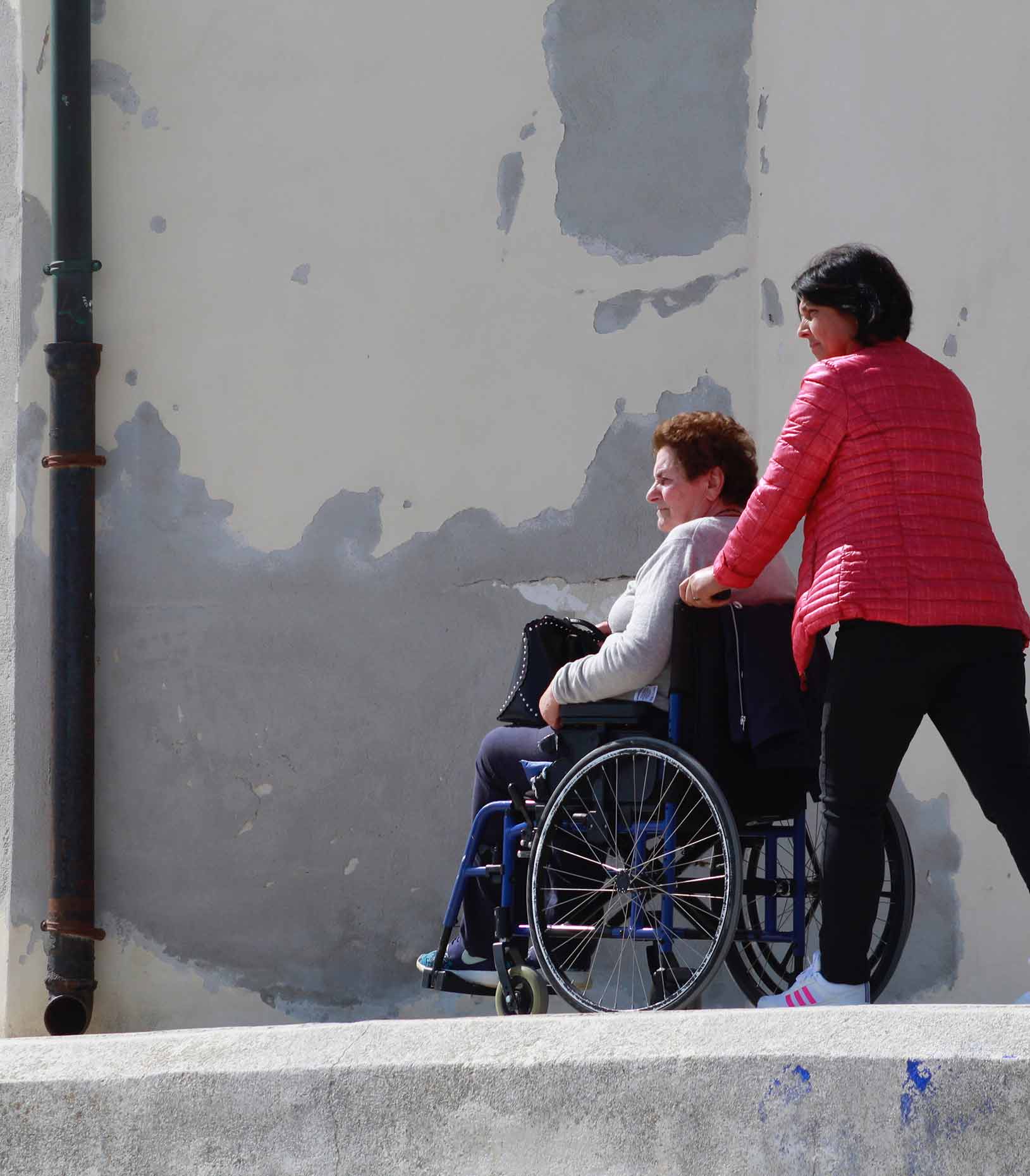Port St. Lucie Partial Disability Benefits

Port St. Lucie is a popular destination for tourists and a multifaceted location to live for Florida residents. The area offers countless recreational activities as well as a wide variety of restaurants and nightlife spots. This diversity provides residents with a wide range of career opportunities, with the primary industry in the city constituting office administration and sales. The restaurant and hospitality industries are also prevalent in Port St. Lucie, and the town is the home of the New York Mets’ spring training camp. Although this diversity is inviting, the possibility of being involved in a work-related injury is ever present. At Donaldson & Weston, our Port St. Lucie workers’ compensation lawyers have counseled numerous injured workers regarding total or partial disability benefits, as well as compensation for medical expenses, and we are standing by to assist you.
Assert Your Right to Partial Disability Benefits After a Work-Related Accident
If you suffer an injury on the job, it is critical that you notify your employer as soon as possible about the injury. This is often straightforward for sudden incidents, like a car accident on the job, but it may be more difficult in situations in which your injury has developed over time as a result of redundant motions and repetitive tasks. Even if you are uncertain about the origin of your injury, it is good to notify your employer to ensure that you preserve your right to workers’ compensation benefits. After your employer initiates a claim with its workers’ compensation carrier, you will be asked to undergo a physical examination with an approved health care provider. During this examination, it is important that you answer the physician’s questions completely and truthfully. The doctor’s assessment during this examination will be used to determine whether you are entitled to benefits, the type of benefits that you are eligible to receive, and the estimated duration of your disability.
There are a few main factors that the doctor will assess, including whether your disability is partial or total and whether it is permanent or temporary. Partial disabilities are injuries that do not affect your entire body or physical well-being. In most cases, workers who suffer a partial disability can still perform some job tasks, but they may be restricted from performing others. After a construction accident, for example, the injured worker may be restricted from lifting heavy objects or performing certain tasks, but they may be able to perform administrative tasks and other light duty office work functions.
If you have suffered a partial disability, it is critical to know whether the injury is temporary in nature or whether it is a permanent injury. A temporary partial disability is defined by three characteristics. First, you must be undergoing treatment that is intended to improve your condition. If you reach the point of maximum medical improvement, which means that your doctor does not anticipate that your condition will improve with additional treatment, you no longer have a temporary disability. Next, you must be prohibited from performing some of your normal job duties. Finally, you must be earning less than 80 percent of your weekly wages, calculated by using the average income that you receive each week. If after 104 weeks of receiving benefit payments for a temporary and partial disability, your doctor determines that you are still disabled and subject to work restrictions, your injury becomes a permanent and partial disability. You may also receive this classification if during the 104-week period, your doctor determines that you have reached the point of maximum medical improvement. Understanding the nature and scope of your injury and whether you are facing permanent limitations on your ability to work is important to ensuring that you receive the maximum amount of benefits that you deserve. This is especially true if your claim involves an aggravation of a pre-existing condition.
There are a few main factors that the doctor will assess, including whether your disability is partial or total and whether it is permanent or temporary. Partial disabilities are injuries that do not affect your entire body or physical well-being. In most cases, workers who suffer a partial disability can still perform some job tasks, but they may be restricted from performing others. After a construction accident, for example, the injured worker may be restricted from lifting heavy objects or performing certain tasks, but they may be able to perform administrative tasks and other light duty office work functions.
If you have suffered a partial disability, it is critical to know whether the injury is temporary in nature or whether it is a permanent injury. A temporary partial disability is defined by three characteristics. First, you must be undergoing treatment that is intended to improve your condition. If you reach the point of maximum medical improvement, which means that your doctor does not anticipate that your condition will improve with additional treatment, you no longer have a temporary disability. Next, you must be prohibited from performing some of your normal job duties. Finally, you must be earning less than 80 percent of your weekly wages, calculated by using the average income that you receive each week. If after 104 weeks of receiving benefit payments for a temporary and partial disability, your doctor determines that you are still disabled and subject to work restrictions, your injury becomes a permanent and partial disability. You may also receive this classification if during the 104-week period, your doctor determines that you have reached the point of maximum medical improvement. Understanding the nature and scope of your injury and whether you are facing permanent limitations on your ability to work is important to ensuring that you receive the maximum amount of benefits that you deserve. This is especially true if your claim involves an aggravation of a pre-existing condition.
